The products and services mentioned below were selected independent of sales and advertising. However, Simplemost may receive a small commission from the purchase of any products or services through an affiliate link to the retailer's website.
Although wine can last years (decades, even) in an unopened bottle, once you pop the cork, the clock starts ticking.
Exactly how long a wine will last once opened can depend on a variety of factors, such as how the wine was made, the temperature of the room it’s being kept in, and whether it’s being stored with the cork on or off. However, as a rule of thumb, most commercially produced red wine will only last only a few days before it begins to oxidize and change flavors (essentially going “bad”), according to Bon Appétit.
If kept in the fridge, white wines may last a bit longer than reds but generally still no more than a week. For sparkling wines and natural wines, the timeframe is thought to be even shorter — as little as a single day. This issue has led many lovers of the grape to wonder whether storing opened bottles in an even colder environment would extend that window.
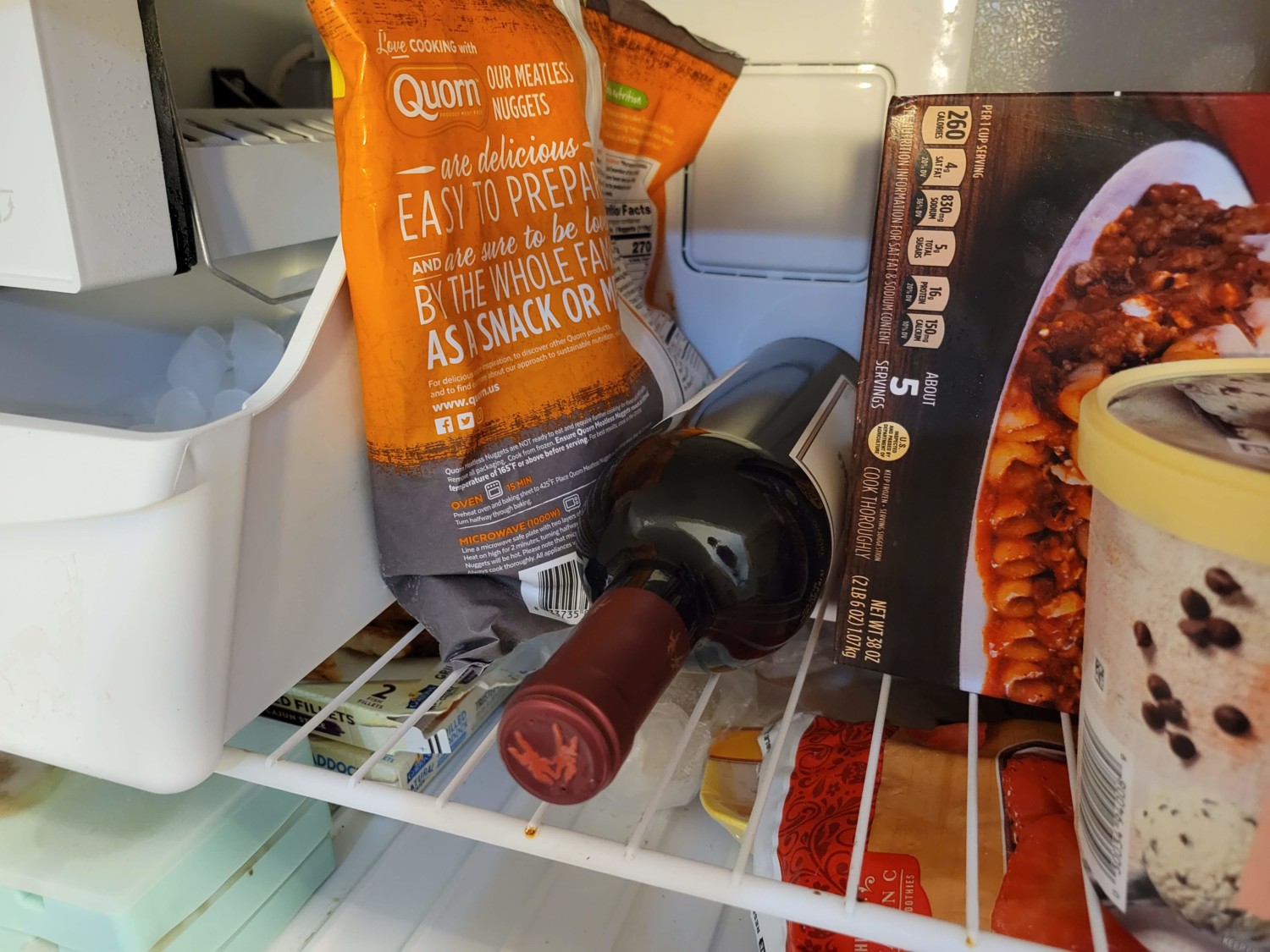
But can you freeze wine? Here’s a primer.
Can You Freeze Wine? Pros And Cons
Wine is perfectly safe to drink after it’s been frozen. However, it’s possible that the flavor of the wine can be slightly compromised or altered by the freezing process. If your palette is less than discerning, you’ll probably be fine to thaw that bottle out and drink it as usual.
But, the sad fact is that if you are the type of wine drinker who notices subtle flavor changes, you may want to consider using your frozen bottle of wine to cook with, make a mixed drink like sangria or use in homemade wine vinegar rather than drinking it straight.
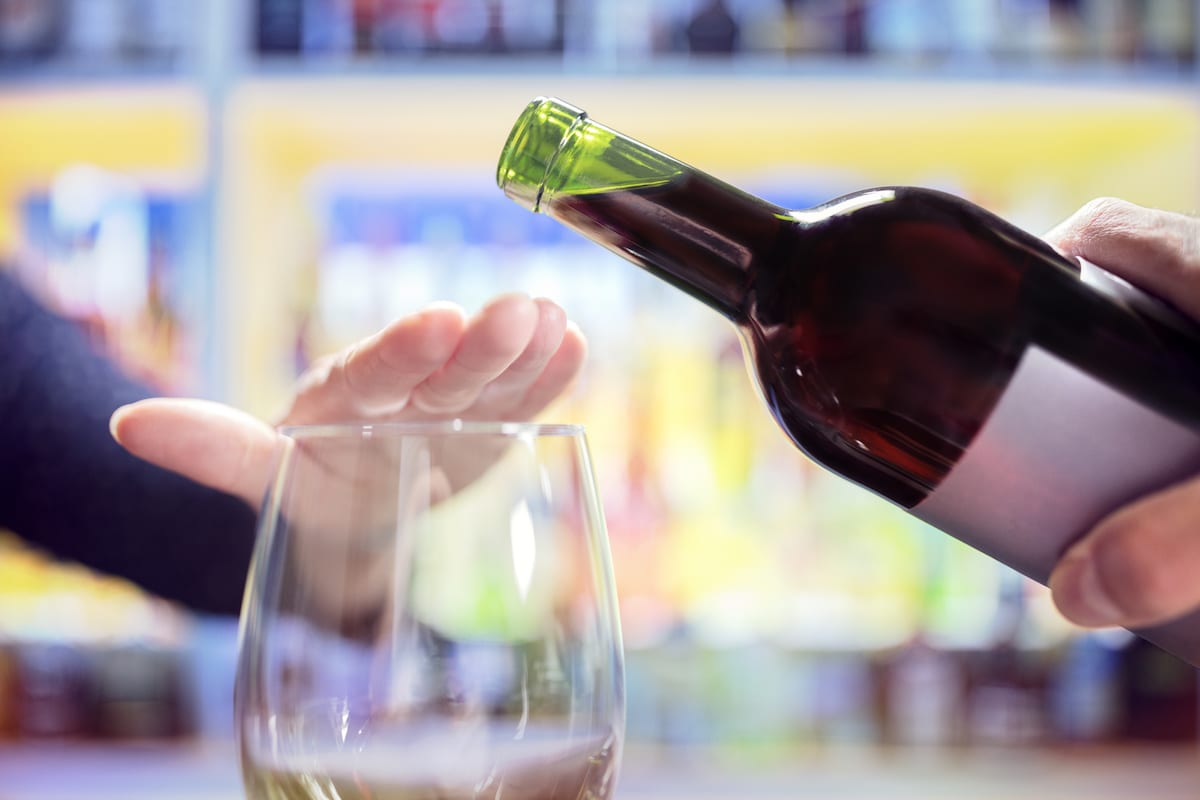
As far as the lasting power of frozen wine, doing this should preserve it for about three months, giving you a lot more time to drink it, cook with it or turn it into a delightful wine slushie.
If you plan to freeze wine so you can enjoy a glass at a later date, you can simply freeze it in the bottle. However, keep in mind that wine expands as it freezes, so it’s best to avoid placing a full bottle of wine in your freezer as it could shatter once it’s frozen solid if there isn’t enough room in the bottle for it to expand. A full bottle of frozen wine could also actually push the cork out as the liquid expands, allowing air to seep in and oxidize the wine.
Given that unopened wine will keep its full power, there’s really no reason to freeze a fresh bottle of wine anyway.
Can You Freeze Wine That’s Boxed?
If you’re a lover of boxed wine, you may be wondering if it’s also OK to freeze and the answer is: absolutely! However, like with bottled wine, there is always the possibility that the flavor of the wine could be slightly altered by the freezing process.
If you want to keep it as close to the original taste as possible, you may just want to keep the wine in your refrigerator since boxed wines are typically constructed with airtight polyethylene bags that help keep the wine fresh in a fridge for up to six weeks even after opening. If you do decide to freeze a box, consider detaching the wine bag from the box before freezing to save on space. As a plus, since there isn’t any glass involved, you don’t have to worry about anything shattering or breaking in your freezer.
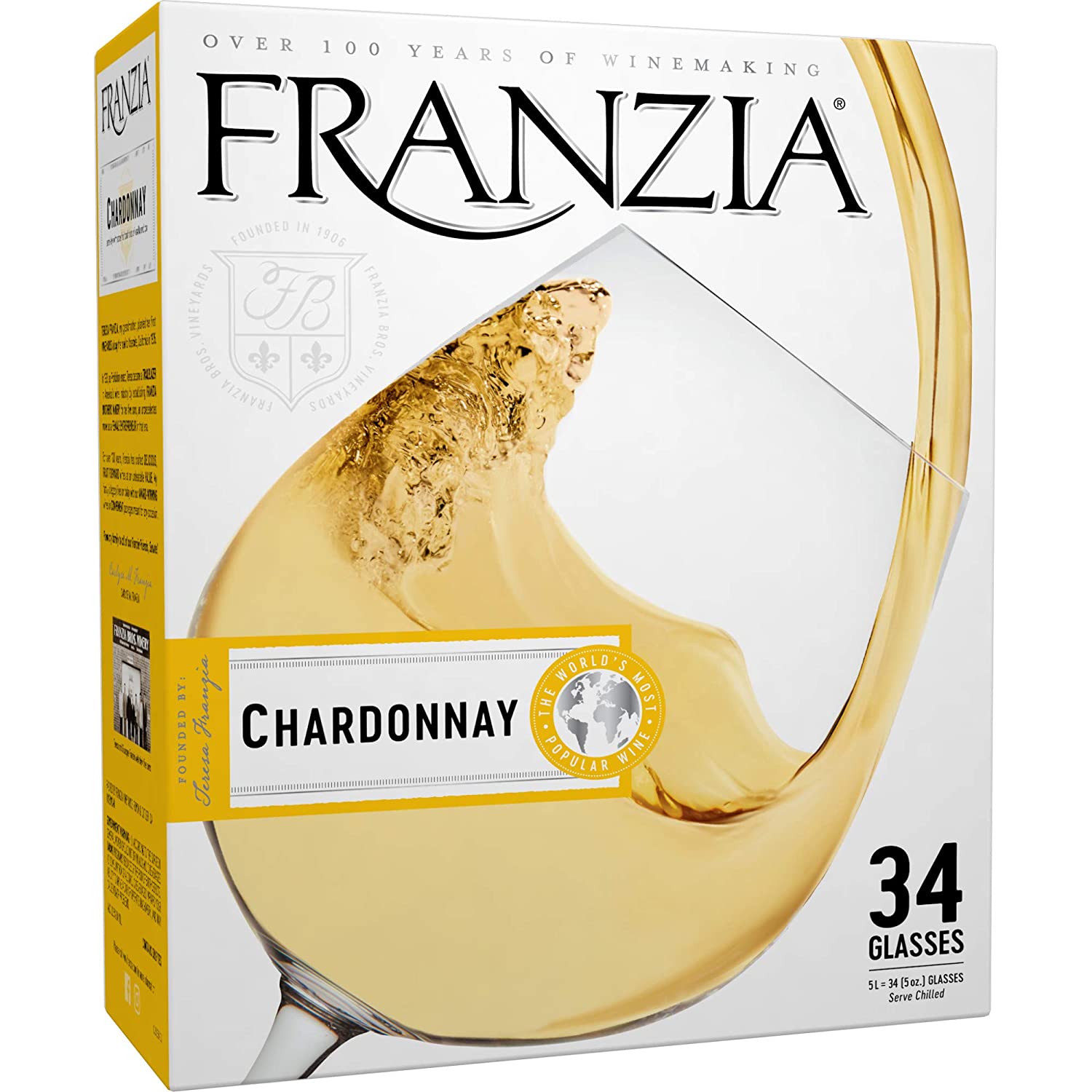
Can You Freeze Wine To Lower Its Alcohol Content?
According to wine experts, freezing wine does not change the alcohol content. This is because it’s a physical change rather than one that alters a wine’s chemical composition. So, if your wine is 13% alcohol by volume before it’s frozen, it will remain 13% in the freezer and once it’s defrosted, too.
How To Freeze Wine: 4 Best Practices
Before you freeze your wine, here are a few things you should know:
- Avoid freezing sparkling wine you’ve already opened, as the freezing won’t trap the carbonation and the wine will end up flat.
- Double-check that your wine bottle doesn’t have any chips or cracks in it to avoid it shattering in the freezer.
- If you plan to freeze wine in ice cube trays, make sure to fill the cubes only halfway to allow room for the wine to expand as it freezes.
- Because of the alcohol content in wine, note that it won’t ever freeze as hard as an ice cube. This means that frozen wine will defrost quickly once you take it out of the freezer, so make sure to plan accordingly.
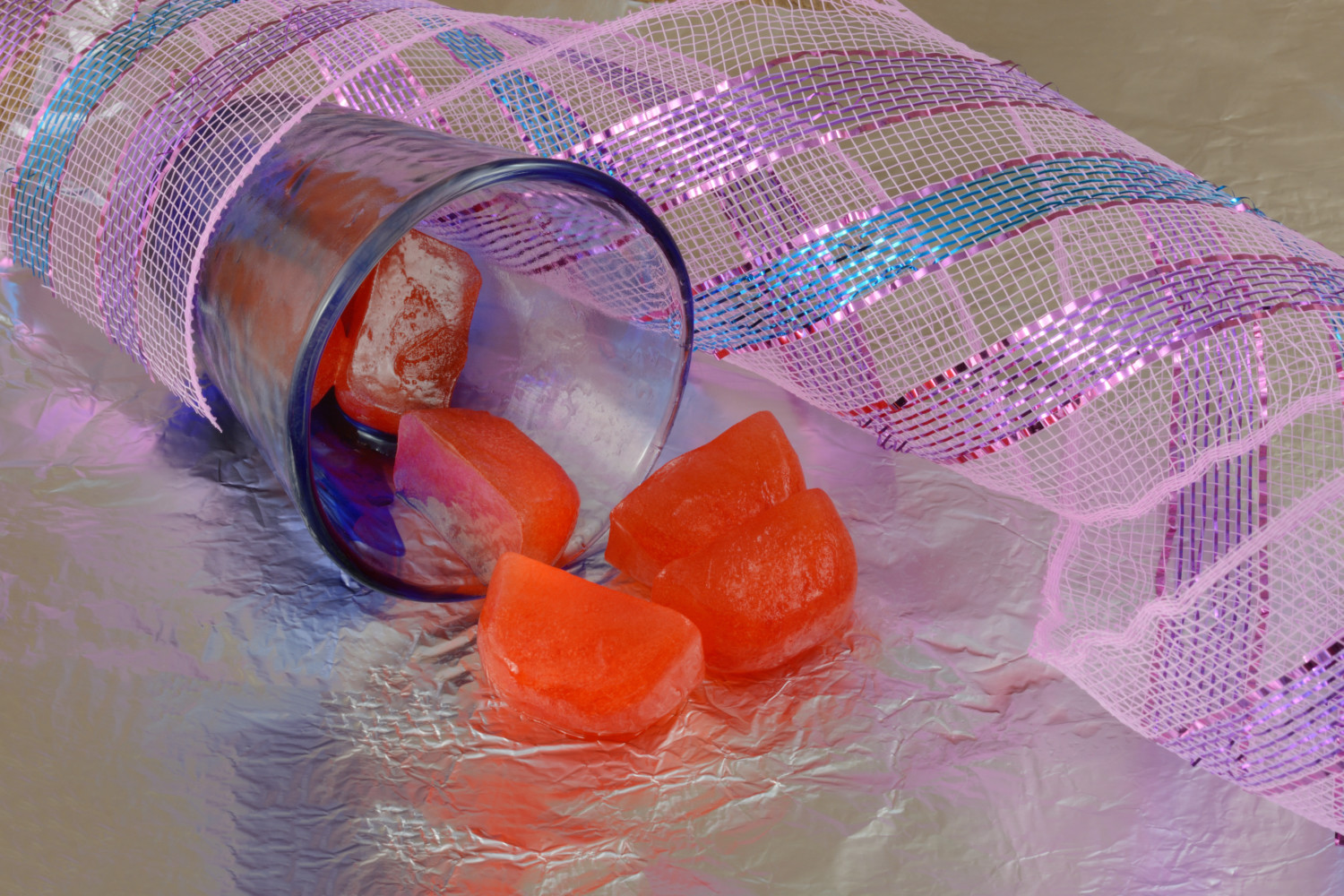
Cooking With Frozen Wine
If you can plan on cooking with the wine you’ve frozen, steal a trick from Nigella Lawson and pour the leftover wine into ice cube trays and then store them in plastic bags. Having the wine frozen into cubes makes it easier to add a small amount to a sauce or another recipe later on, and storing them in plastic bags will prevent the wine from absorbing any other smells in the freezer.
A standard ice cube is roughly about 1 ounce or two tablespoons, but if you prefer or your favorite recipes call for bigger amounts of wine, consider using a muffin tin to freeze the wine in, or pour a pre-measured amount, like one cup, directly into a plastic bag to freeze.
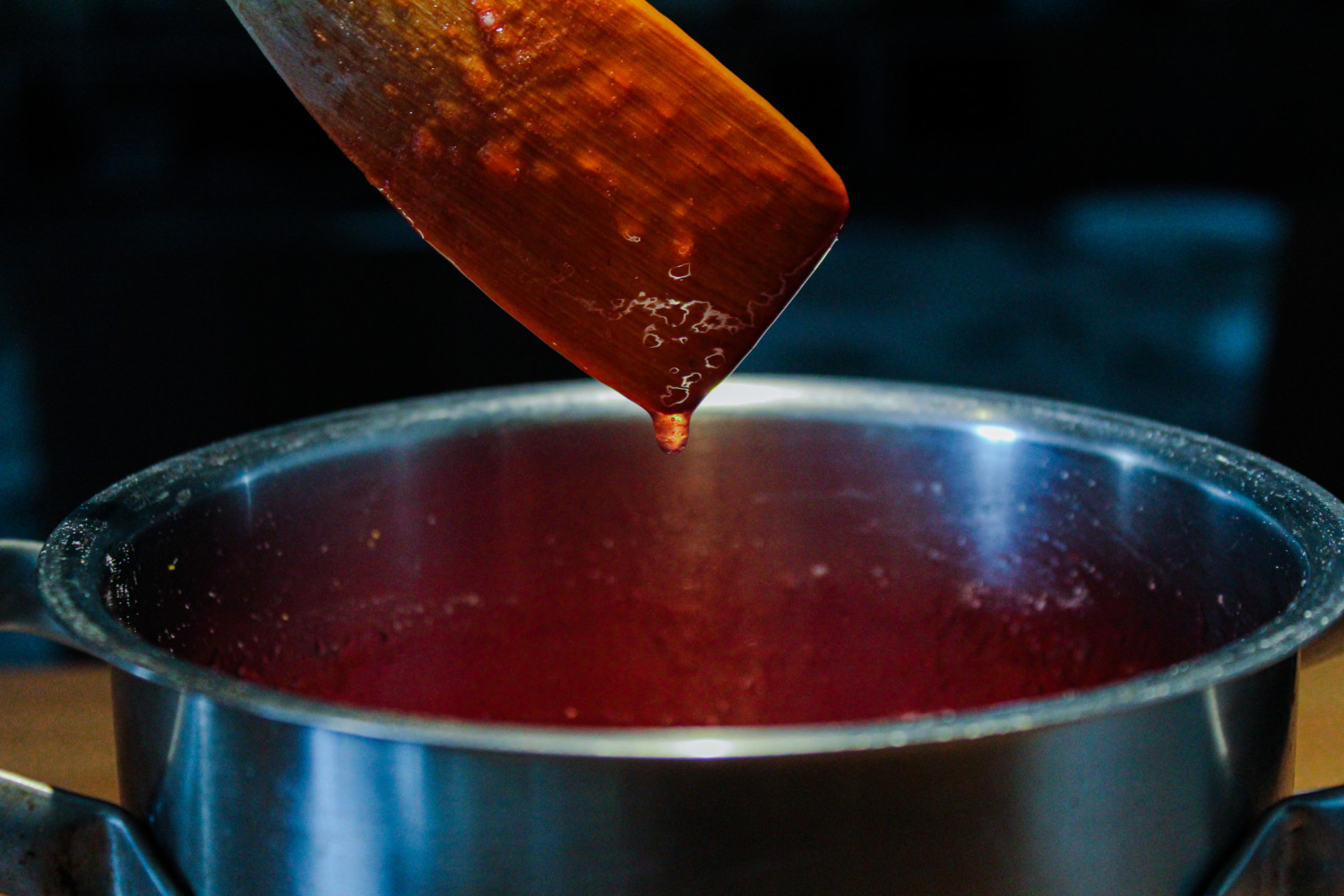
For more on how to cook with frozen wine, check out these ideas and recipes.
This story originally appeared on Simplemost. Checkout Simplemost for additional stories.

